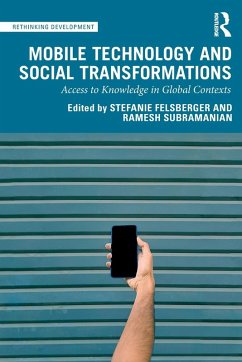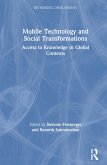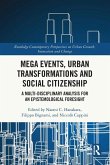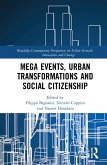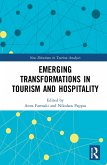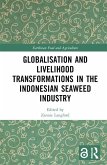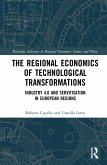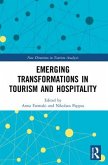This book investigates the ways in which the mobile telephone has transformed societies around the world, bringing both opportunities and challenges. At a time when knowledge and truth are increasingly contested, the book asks how mobile technology has changed the ways in which people create, disseminate, and access knowledge. Worldwide, mobile internet access has surpassed desktop access, and it is estimated that by 2022 there will be AN excess of 6 billion mobile phone users in the world. This widespread proliferation raises all sorts of questions around who creates knowledge, how is that knowledge shared and proliferated, and what are the structural political, economic, and legal conditions in which knowledge is accessed. The practices and power dynamics around mobile technologies are location specific. They look different depending on whether one chooses to highlight the legal, social, political, or economic context. Bringing together scholars, journalists, activists and practitioners from around the world, this book embraces this complexity, providing a multifaceted picture that acknowledges the tensions and contradictions surrounding accessing knowledge through mobile technologies. With case studies from Hong Kong, South Korea, India, Syria, Egypt, Botswana, Brazil, and the US, this book provides an important account of the changing nature of our access to knowledge, and is key reading for students, researchers, activists and policy makers with an interest in technology and access to knowledge, communication, social transformation, and global development.
Hinweis: Dieser Artikel kann nur an eine deutsche Lieferadresse ausgeliefert werden.
Hinweis: Dieser Artikel kann nur an eine deutsche Lieferadresse ausgeliefert werden.

